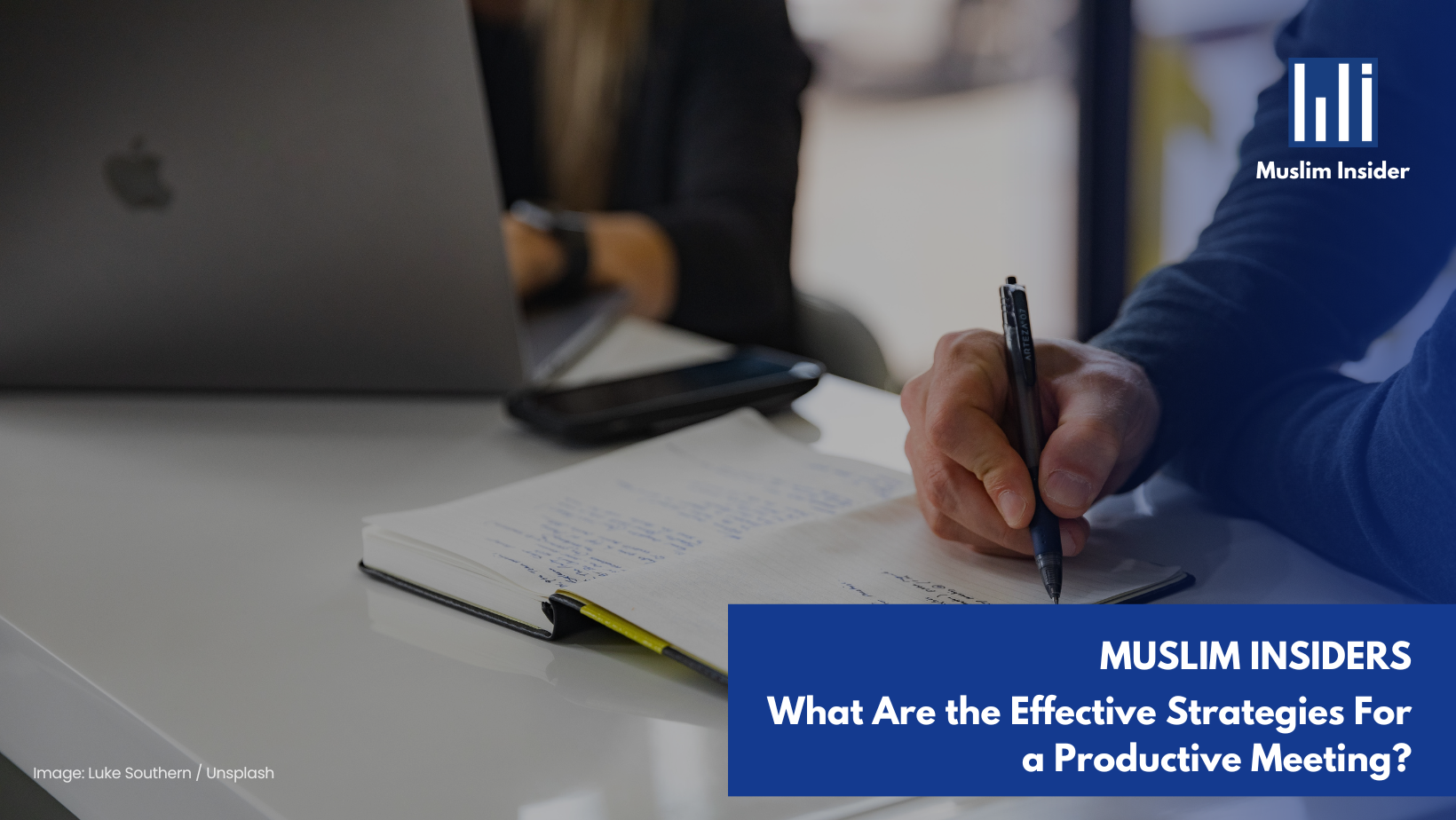
Meetings without effective strategies can waste a significant amount of time and effort without yielding meaningful results. The most essential factor in an effective meeting actually lies in its preparation so that it smooths the whole process. It can either elevate the gathering to a productive collaboration or hinder it significantly. A good meeting is one where every individual participates, contributing their own insights and expertise for a collaborative and fruitful environment.
Always Begin and End on Time
Respect the time of the participants by starting and ending the meeting on time. This not only exhibits professionalism, but it also establishes a favorable tone for the rest of the session. Encourage guests to be mentally and physically present by reducing distractions—if feasible, leave technological gadgets at home.
Focus on Data
Ensure to concentrate on data. Base your conversations on tangible data and factual information. Meetings that are grounded in objective evidence are more likely to remain on course and create significant results. Present relevant evidence to back up crucial ideas and promote a more educated and productive discussion. This method reduces subjective arguments, resulting in more conclusive and actionable findings.
Have a Detailed Agenda
Every meeting requires an agenda. A good agenda includes the topic, the speaker or leader, the timing for each item, and any discussion questions, as well as any attachments or links to attachments, if applicable. Not to forget that objectives, main deliverables, milestones, potential risks and challenges are keys to identifying your agenda items. In summary, each agenda item should be clearly aligned with the aim of your meeting; if it isn’t, think about how other issues might be handled off-line.
List Actions and Assign Responsibilities
Outline the essential actions and assign responsibility to turn talks into practical outcomes. Establish a roadmap for meeting objectives by describing the precise steps that must be completed and identifying who is responsible for each job. This not only promotes responsibility but also simplifies the completion of post-meeting responsibilities, ensuring that progress is made on schedule.
Using these tactics will enable you to hold meetings that are not just efficient and focused but also favorable to collaboration and decision-making. This way, you could transform your meetings from time-consuming burdens to beneficial contributors to your organization’s success by defining clear expectations, respecting people’s time, making use of data, and establishing tangible measures.




